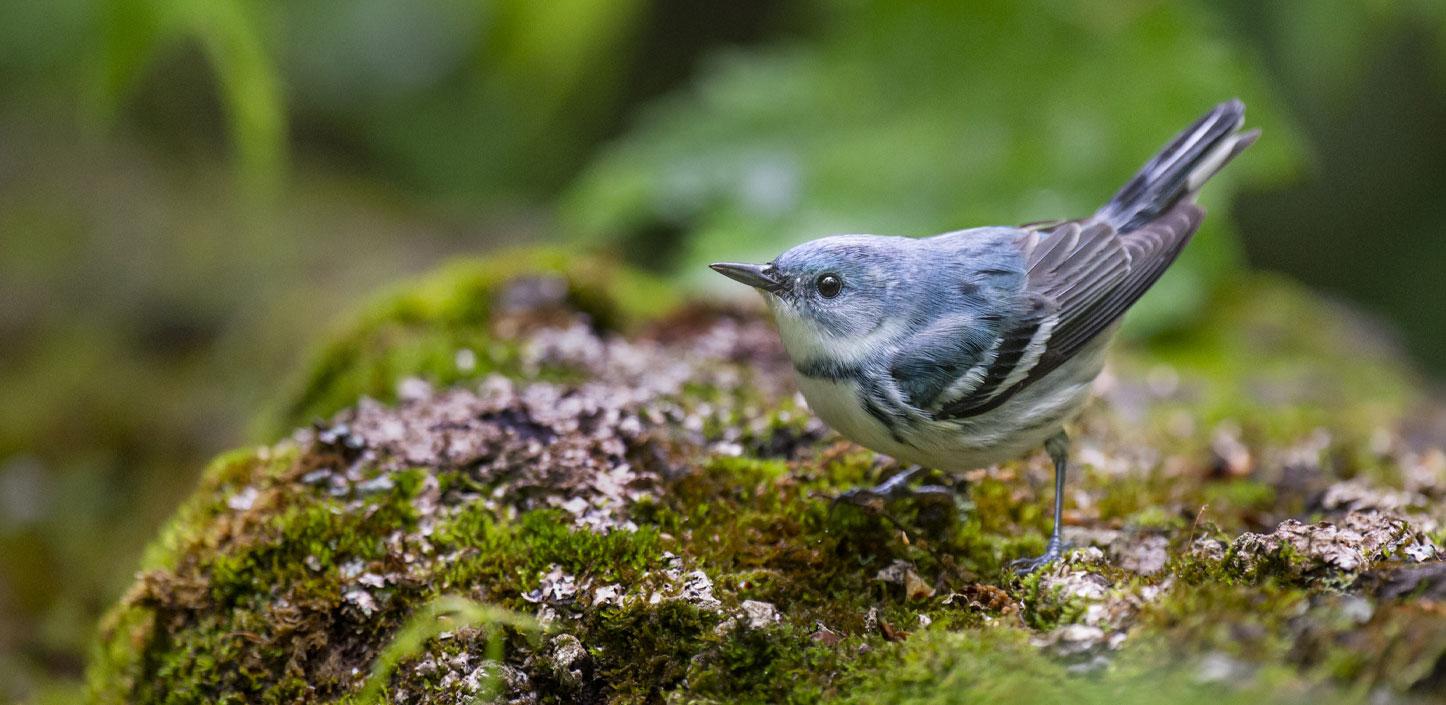
NFWF Announces Release of Central Appalachia Habitat Stewardship Program 2020 Request for Proposals
Fourth year of funding available to restore habitat for forest birds, brook trout and hellbender
WASHINGTON, D.C. (April 24, 2020) –The National Fish and Wildlife Foundation (NFWF) today announced the release of the 2020 Request for Proposals (RFP) for the Central Appalachia Habitat Stewardship Program.
This year, the program will award approximately $2 million in grants to projects that restore and sustain healthy forests, rivers and streams that provide habitat for diverse native bird and aquatic populations.
Central Appalachia Habitat Stewardship Program grant proposals are due June 25, 2020, and the full RFP can be found here. An applicant webinar will be held on May 21 from 1-2:30 p.m. EDT.
Central Appalachia boasts some of the most biologically diverse, temperate deciduous forests in the United States and miles of high-quality cold water streams. Working with private and public landowners, this work will benefit declining populations of forest birds, including the golden-winged warbler, wood thrush and cerulean warbler, and aquatic species, including eastern brook trout, Eastern hellbender and freshwater mussels.
All proposals will be screened for relevance, accuracy, completeness and compliance with NFWF and funding source policies. Proposals will then be evaluated based on the extent to which they meet the evaluation criteria found in the RFP.
Funding for the Central Appalachia Habitat Stewardship Program 2020 RFP is provided by the Richard King Mellon Foundation, the U.S. Department of Agriculture’s Natural Resources Conservation Service, the U.S. Forest Service, the U.S. Fish and Wildlife Service, the American Forest Foundation and Shell Oil Company. Additional information about the program can be found here.
About the National Fish and Wildlife Foundation
Chartered by Congress in 1984, the National Fish and Wildlife Foundation (NFWF) protects and restores the nation’s fish, wildlife, plants and habitats. Working with federal, corporate and individual partners, NFWF has funded more than 5,000 organizations and generated a total conservation impact of $6.1 billion. Learn more at www.nfwf.org.
###